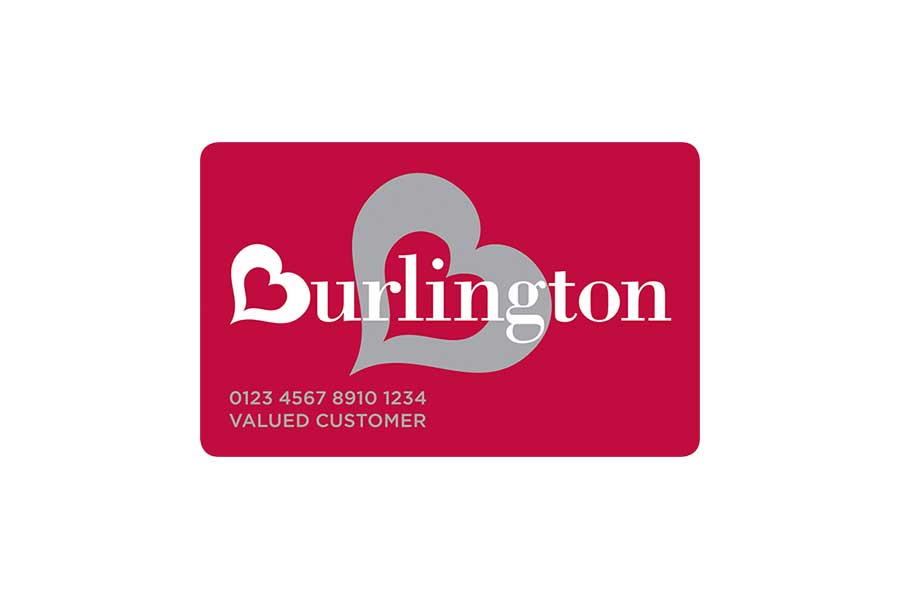The Arhaus credit card is designed for those looking to finance high-quality furniture while taking advantage of special financing options. Cardholders can enjoy promotional offers that allow them to pay for their purchases over time without interest if the balance is paid in full within the promotional period. This can be a helpful way to furnish your home while managing your expenses effectively.

Since this card is issued by Comenity Bank, approval depends on several factors beyond just your credit score. If you’re considering applying, it’s important to understand the requirements and how to strengthen your financial profile before submitting an application.
Credit Score Requirements for the Arhaus Credit Card
A credit score of 650 or higher is typically recommended for approval. However, meeting this threshold doesn’t guarantee approval, as the issuer also evaluates factors like your income, employment stability, and debt levels. A well-rounded financial profile, including a history of on-time payments and low credit utilization, can improve your chances of qualifying.
How to Increase Your Chances of Getting Approved for an Arhaus Credit Card
Getting approved for an Arhaus Credit Card requires a little planning. Most credit card offers require very good credit. So, when applying for new credit, it’s essential to know your credit scores and what’s on your credit reports. Credit card issuers want to see a strong credit history, steady income, and low credit utilization.
If you’re using too much of your existing revolving credit, it’s a sign that you may not pay them back. You’ll also want to make sure you haven’t applied for too much credit in the recent past. Having too many credit inquiries can lessen your chances of getting approved.
Tips to Boost Your Credit Score and Improve Approval Odds
If your credit score is below 650, or you want to improve your chances of approval, here are some tips to boost your credit score and optimize your financial profile:
1. Review Your Credit Reports for Errors
One of the first steps to take is to obtain a copy of your credit report from each of the three major credit bureaus – Equifax, Experian, and TransUnion. Review your reports for any errors or inaccuracies, as these can negatively impact your credit score. If you find any discrepancies, dispute them with the respective credit bureau.
2. Pay Your Bills on Time
Paying your bills on time is one of the most significant factors affecting your credit score. Set up payment reminders or automatic payments to ensure you don’t miss any due dates. Consistently paying your bills on time can have a positive impact on your credit score over time.
3. Reduce Your Credit Utilization Ratio
Your credit utilization ratio is the percentage of your available credit that you’re currently using. A lower ratio is generally better for your credit score. Aim to keep your credit utilization below 30% by paying down your credit card balances and being mindful of your spending.
4. Diversify Your Credit Mix
Having a mix of different types of credit, such as credit cards, auto loans, and mortgages, can positively impact your credit score. Lenders like to see that you can responsibly manage different types of credit accounts.
5. Limit New Credit Inquiries
Applying for multiple credit accounts within a short period can harm your credit score. Each time you apply for credit, a hard inquiry is added to your credit report, which can temporarily lower your score. Limit new credit inquiries by only applying for credit when necessary.
Seeking Professional Help for Credit Repair
If you’re struggling with bad credit and want to increase the likelihood of getting approved for new credit, consider seeking professional help from credit repair companies like Credit Saint. These companies can assist you in disputing and potentially removing negative items from your credit report, such as late payments, collections, and bankruptcies.
Visit their website for a free credit consultation to learn more about how they can help you improve your credit.



